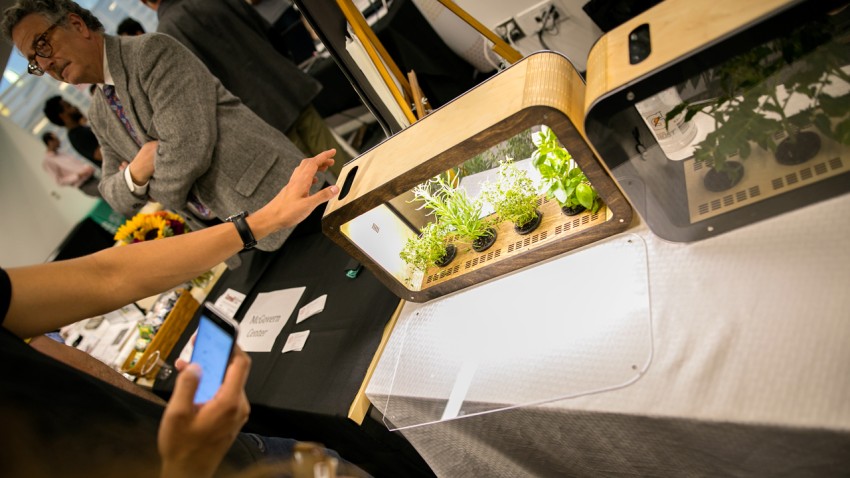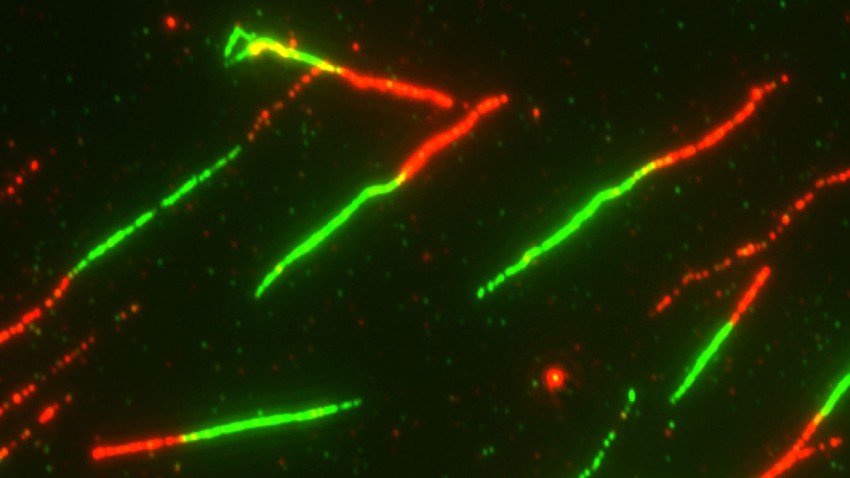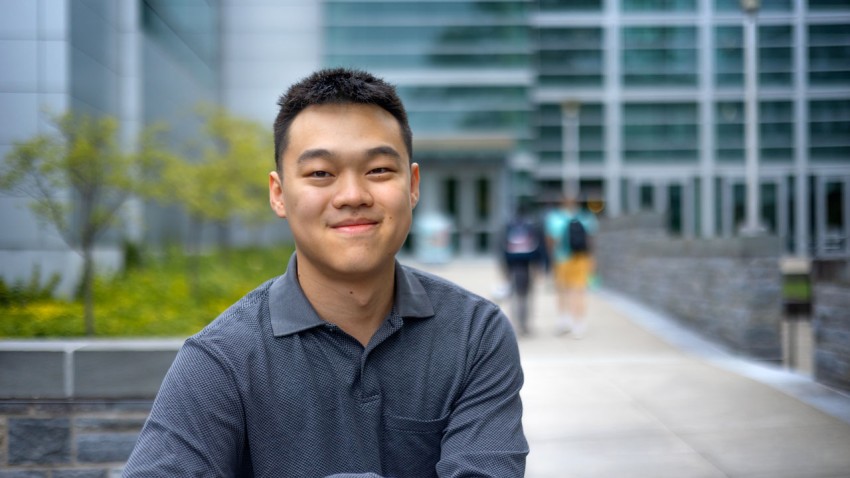News
The awards allow faculty affiliated with Entrepreneurship at Cornell to extend their capacity to work with students.
A new study reveals how vertebrate guts form, with implications for how other organs develop.
Researchers have uncovered a novel pathway that explains how cancer cells become resistant to chemotherapies, which in turn offers a potential solution for preventing chemo-resistance.
Her major work, “Women Scientists in America,” published in three volumes between 1982 and 2012, has redrawn the historical landscape of women in science.
Rocky An ’23 proposes a theory that could solve the decades-old mystery of why astronauts’ immune systems become suppressed in space.
“My focus is on how an animal’s mother can impact a wide range of outcomes: in childhood, adulthood, and even between generations,” said Matthew Zipple, a Klarman Fellow in neurobiology and behavior.
Fifteen new faculty are bringing innovative ideas in a wide range of topics to the College of Arts & Sciences’ nexus of discovery and impact, including climate change, astronomy, identity studies and the economy.
Paula Cohen, professor of genetics, is pioneering an innovative alternative to the birth control pill: a form of male contraception that targets a mechanism in the early stage of sperm cell production.
While advancing the understanding of canine diseases, these two-year projects will also explore new avenues for diagnosing chronic pain and develop new models for testing therapies catered to dogs' immune systems.
Eight graduate students from Historically Black Colleges and Universities (HBCUs) arrived at Cornell in August as the inaugural cohort of Thomas Wyatt Turner Fellows, as participants in a one-year program designed to support next-generation leaders in inclusive and sustainable agricultural development.










